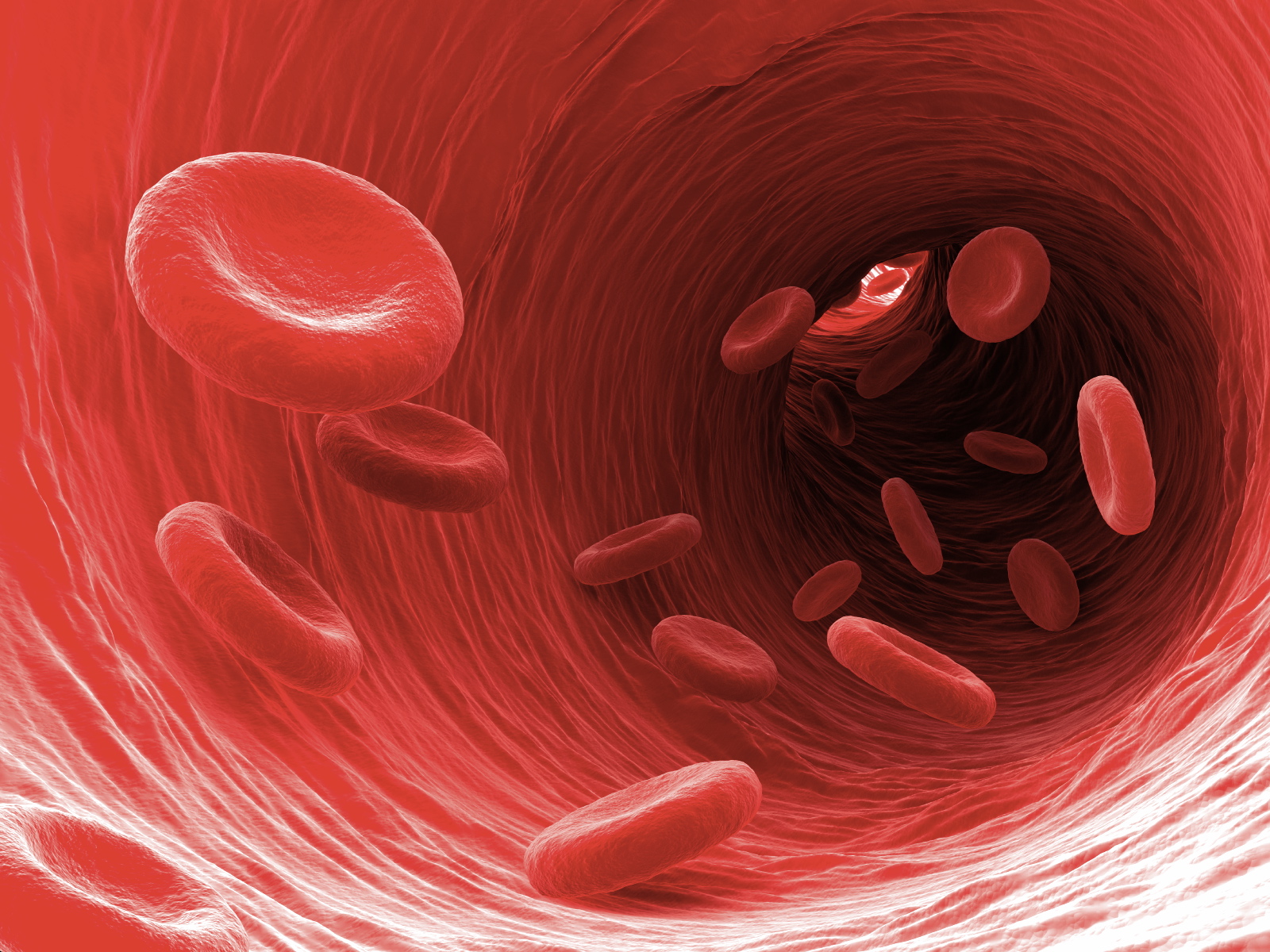
An experimental treatment for advanced melanoma is poised to be the next major advance in cancer treatment, experts say.
The results of a phase 3 clinical trial published Wednesday in the New England Journal of Medicine showed that the treatment, which uses a superconcentrated boost of the person’s own immune cells, was more effective than the leading existing treatment at putting patients into remission.
The trial, conducted by researchers in the Netherlands, caps off a stunning decade of progress in the treatment of metastatic melanoma, a disease that a little more than a decade ago had a 5-year survival rate of just 5%.
The new approach, called TIL therapy, uses immune cells harvested from the tumor itself to fight the cancer. The cells are called tumor-infiltrating lymphocytes — the “TIL” in TIL therapy.
“These are immune cells that are found in the tumor, trying to kill the tumor, but obviously not doing a good enough job because the tumor is growing,” said Dr. Patrick Hwu, the president and CEO of the Moffitt Cancer Center in Tampa, Florida.
To supercharge the cells, they’re taken to a lab where they’re multiplied until they number in the billions — an army now formidable enough to take on the tumor.
How TIL held up
The new clinical trial included 168 patients with advanced melanoma, nearly all of whom had already tried and did not respond to a first-line treatment called anti-PD-1-therapy. (Before Wednesday’s publication, the results were presented in September at the European cancer meeting ESMO Congress 2022 in Paris.)
In the trial, half of the patients got TIL therapy and the other half got an immunotherapy drug called ipilimumab. Following treatment, patients were tracked for a median time of 33 months.
Those who got TIL therapy had a 50% reduction in disease progression and death, compared to those who were treated with ipilimumab, the study found.
The therapy didn’t work in all of the participants. Just under half, 49%, of the TIL patients experienced at least partial remission — meaning a decrease of least 30% in their metastatic tumors — compared with 21% of patients who got ipilimumab.
More surprising was that 20% of the TIL patients had complete remissions — all their tumors disappeared — a result that was “better than we had expected,” trial leader Dr. John Haanen, a medical oncologist at the Netherlands Cancer Institute, said in an email. In the ipilimumab group, 7% experienced complete remission.
“Patients with a complete remission have an excellent prognosis,” he said. “We estimate that more than 80% of these may be cured.“
Hwu was not involved in the Dutch trial, but conducts his own research on TIL therapy and has seen similarly impressive results.
“I have patients that we treated with TIL therapy a decade ago and they’re not getting any treatment right now, just living a normal life,” he said.
